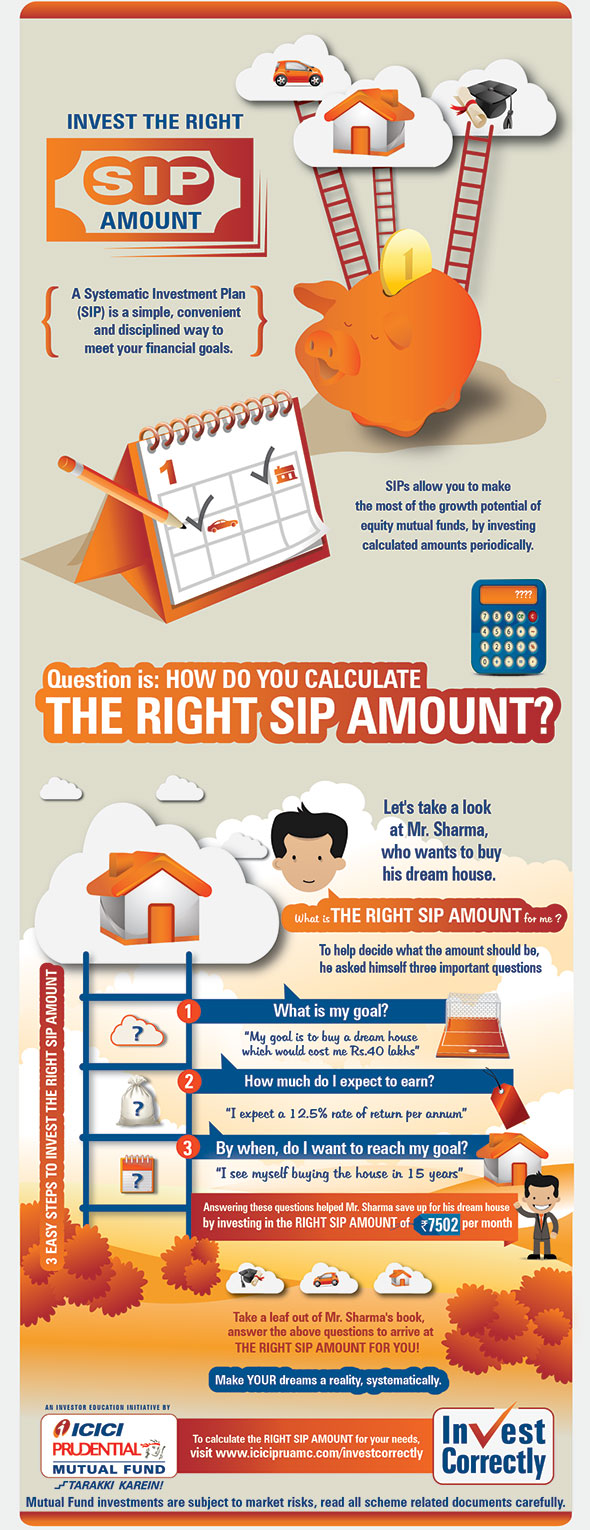Defaulting On An Efficiency Bond Can Have Considerable Monetary Consequences.This Can Bring About A Range Of Financial Impacts, Consisting Of:
Defaulting On An Efficiency Bond Can Have Considerable Monetary Consequences.This Can Bring About A Range Of Financial Impacts, Consisting Of:
Blog Article
Developed By-
When a guaranty issues a performance bond, it assures that the principal (the party that acquires the bond) will accomplish their responsibilities under the bond's terms. If the major fails to meet these responsibilities and defaults on the bond, the guaranty is accountable for covering any type of losses or problems that result.
1. Loss of online reputation: Defaulting on a performance bond can harm the principal's reputation and integrity, making it tougher to secure future service or funding.
2. Legal and management expenses: The guaranty might require to pay legal and administrative prices related to pursuing the principal for problems or trying to fix the circumstance.
3. Economic losses: The guaranty might need to cover the expense of finishing the task or supplying the solutions that the principal failed to supply. This can cause significant monetary losses for the surety.
4. Enhanced costs: If the principal has a history of back-pedaling efficiency bonds, they might be required to pay higher premiums in the future to get the needed bonding.
Overall, defaulting on a performance bond can have significant economic effects for both the principal and the surety. click this link now is necessary for principals to carefully consider their obligations and guarantee they have the ability to satisfy the regards to the bond to avoid these negative outcomes.
Defaulting on an efficiency bond can be an expensive bad move for companies. When you fall short to meet the bond's responsibilities, the financial repercussions can be considerable. From paying the full bond total up to possible lawful fights and damaged connections, the effects can reverberate throughout your service operations. Comprehending the elaborate web of financial impacts that defaulting on a performance bond can have is important for safeguarding your firm's monetary health and wellness and credibility.
Financial Penalties for Defaulting
If you default on an efficiency bond, you'll likely face significant punitive damages. These fines can vary relying on the terms of the bond agreement however commonly involve paying the bond amount completely to the obligee. This implies that if you stop working to accomplish your contractual obligations, you should pay the bond amount to the job proprietor or the entity that needed the bond.
In addition, you may also be accountable for any type of added prices incurred by the obligee as a result of your default, such as locating a substitute professional or covering job delays.
Back-pedaling an efficiency bond can additionally result in lawful costs and court expenses if the obligee makes a decision to take lawsuit versus you to recoup the bond quantity. These expenses can quickly accumulate, more aggravating the economic impact of your default. It's essential to meticulously review and understand the terms of the efficiency bond to avoid these extreme punitive damages.
Influence On Business Capital
Back-pedaling a performance bond can dramatically affect your service capital, impacting financial stability and operational abilities. When you back-pedal a performance bond, you take the chance of shedding the bond quantity, which can be a considerable sum. This loss directly influences your cash flow, as you'll require to discover different resources of funding to cover the bond quantity. Moreover, skipping can bring about boosted scrutiny from guaranties, making it more difficult and more costly to safeguard bonds in the future. This can further stress your capital as you may need to assign added resources to fulfill bonding needs.
The effect on your capital does not stop there. Defaulting on an efficiency bond can additionally result in job delays or cancellations, causing a loss of profits. Furthermore, contractors bonds that comes with skipping can deter prospective clients, even more minimizing your capital. Overall, back-pedaling an efficiency bond can have damaging results on your organization's financial health and capability to operate efficiently.
Legal Ramifications and Legal Actions
Encountering legal implications and prospective legal actions as a result of defaulting on an efficiency bond can significantly impact your business's reputation and financial standing. When https://industrialconstructioncom67665.liberty-blog.com/26627826/comprehending-the-distinction-in-between-payment-warranties-and-efficiency-guarantees on a performance bond, the guaranty company may take lawsuit to recuperate the bond amount paid out. This can result in pricey lawful charges, court expenditures, and possible negotiations or judgments versus your business.
Moreover, back-pedaling a performance bond may bring about damaged partnerships with clients, subcontractors, and vendors, impacting your ability to secure future contracts. Legal actions developing from bond defaults can stain your organization's trustworthiness in the sector, making it challenging to draw in new partners or consumers.
In addition, if the default brings about a court judgment against your company, it might lead to asset seizure or liens, better stressing your economic security. Therefore, it's critical to comprehend the lawful ramifications of defaulting on a performance bond and take aggressive steps to mitigate the dangers entailed.
Verdict
As you face the effects of defaulting on a performance bond, remember this: it resembles walking a tightrope without a safeguard. One wrong step can send you dropping into an economic freefall, without any way to stop the loss.
why not look here , capital impact, and legal implications are all waiting to catch you if you slip up. So step very carefully, and constantly recognize your commitments to avoid the severe consequences of default.
